
To the cool aunts, great-aunts, godmothers,
and all the fabulous women who love a child-not-their-own.
Your love is a gift and this book is yours.
Contents
Chapter 1
An Intro to Savvy Aunthood
THE DAY MY NEPHEW WAS born, I took a photo of the sky to remember what the world looked like the day my life changed forever.
When I cradled him in my arms for the first time, I felt the weight of his tiny body. I felt the weight of my devotion to him. I felt more joy and love than I had ever felt in my life. In fact, what I felt was a love Id never known before. A powerful, unconditional, prideful love.
But as the days, weeks, and months passed, I realized that as much as my nephew changed my life, my life actually didnt change that much. I still went to work, on dates, out with my friends. Other than photographs, I had no badge of honor to express my aunthood. And believe me, I looked. But in a city as big as New York, all I could find was a little onesie that read IF YOU THINK IM CUTE, YOU SHOULD SEE MY AUNT .
Hero Auntie!
A few years ago, the Sesame Workshop conducted a small ethnographic study of six- to eleven-year-olds and found that a convincing number of them named their aunts (alongside grandparents, athletes, firefighters, and police officers) as their heroes!
It started to dawn on me that I was sort of in limbo. Becoming a parent gained a person automatic membership into a huge tribe of fellow parents, with access to all the advice and expertise he or she might seek. Yet there I was, a savvy senior executive at a global cosmetics company, living a very cosmopolitan life but having hardly the first clue about being an aunt. In fact, all I really did have was a very strong desire not to screw up this whole auntie-ing responsibility. I had no books written for me to read, no online resources, no tribe. Where was my tribe?
It took me a while to answer that question, but in the summer of 2008, I finally did. I launched SavvyAuntie.com. And with it, our tribe.
I thought, if I felt this way and my friends felt this wayand if nearly 50 percent of the adult females in the United States are nonmoms (which is only the first of several surprising statistics you will read in this book)then its possible that a large part of the American community is being neglected. This meant that there were aunties out there like me who didnt even know there were other aunties out there like them.
As I began to connect with this community (and with the parents of their nieces and nephews), I started to see just how important a role an auntie plays in what Ive come to call the American Family Village. An auntie is a woman who makes sacrifices, whether that means taking on extra work during another womans maternity leave or contributing part of her income toward a nieces or nephews education. And while this woman may be highly valued within her immediate family and circle of friends, in the greater, collective sense, she was woefully underrepresented and underappreciated.
Even in our modern, politically correct society, the auntiewhen she is a woman without children of her own, as nearly half of all American women areis often called selfish, pathetic, or made to feel less than. How can this woman, when everything she does for a child-not-her-own is a generous gift, ever be called selfish? How can this woman, who is every other woman in the United States, be an oddball?
 AUNTIEPEDIA: PANK Professional Aunt No Kids
AUNTIEPEDIA: PANK Professional Aunt No Kids
AS IN: I dont have kids of my own, but Ive got five amazing nieces and nephews by relation, a beautiful goddaughter, a fabulous career, amazing friends, I travel a ton, and I always go to the best restaurants in the city. Im a PANK.
These questions remind me of what Helen Gurley Brown set out to resolve with her revolutionary 1962 book Sex and the Single Girl . Nobody was championing [single women], Brown said in a 1967 interview. Volumes had been written about this creature, but they all treated the single girl like a scarlet-fever victim, a misfit, and... you cant really categorize one-third of the female population [a figure thats only grown since then] as misfits.
Like Ms. Gurley Brown, I set out to start a movement! After all, were talking about a pretty influential segment of women, culturally, politically, and financially. I dubbed this segment PANK: Professional Aunt No Kids.
The PANK Demographic
The U.S. Census Report Fertility of American Women: 2008 states that 45.7 percent of women through the age of forty-four do not have children, and even fewer women are having children than in 2006 (45.1 percent). In fact, according to the report, childlessness has been increasing steadily since 1976 when 35 percent of women in the childbearing ages were childless.
Women without children data, broken down by age range:
15 to 19 years: 93.7%  20 to 24 years: 70.6%
20 to 24 years: 70.6%  25 to 29 years: 46.2%
25 to 29 years: 46.2%
30 to 34 years: 26.8%  35 to 39 years: 19.4%
35 to 39 years: 19.4%  40 to 44 years: 17.8%
40 to 44 years: 17.8%
These data do not include women age forty-five and older, so I can confidently make the assumption that nearly 50 percent of American women are childless, as few women age forty-five and older have children for the first time.
Money in the PANK!
Whether single, married, or partnered, we PANKs pack a powerful punch. Here are some key stats that demonstrate the power of the PANKs collective purse.
According to the 2000 U.S. Census, 50 percent of single women own their own homes. Theyre also the fastest-growing segment of new home buyers, second home buyers, car purchasers, new investors, and travelers. (Who hasnt dreamed of taking the nieces and nephews on their first trip to Disney World?)
Twenty-seven percent of American households are headed by women, a fourfold increase since 1950.
Of American women who draw annual incomes of $100,000 or more, nearly half dont have children. In fact, the more a woman earns, the less likely she is to have kids.
Aunties Day
Aunties Day, sponsored by Savvy Auntie, was launched on July 26, 2009, as an annual national holiday to thank, honor, and celebrate the aunt in a childs lifewhether she is an Auntie by Relation (ABR), Auntie by Choice (ABC), or godmotherfor all the love and emotional support (and of course fabulous gifts) she offers. For more info, visit AuntiesDay.com.
To draw a line between those with children and those without, excommunicating aunts from the Family Village, isnt constructive and certainly doesnt help the children. Thats why instead of labeling women without kids as childless, I prefer the title Savvy Auntie. Our lives are not empty without children of our own; rather, our lives are abundant and fruitful with the happiness we are choosing to create for ourselves, including indulging in aunthood. To love, nurture, protect, and help develop a child-not-your-own is a selfless gift that takes time, dedication, and generosity.
I vowed to give aunts as many tools as I could to make their experience as fulfilling as possible. The message of SavvyAuntie.comand now, of Savvy Auntie the bookis that aunthood is a gift. And its a celebration. It is a celebration so big that it absolutely makes room for the aunties who are not blood related to their nieces and nephewsthe aunties who choose to take on that role through friendship, not just family. We even celebrate the random acts of auntie-ing that occur every day.
Next page
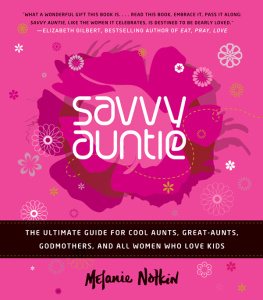
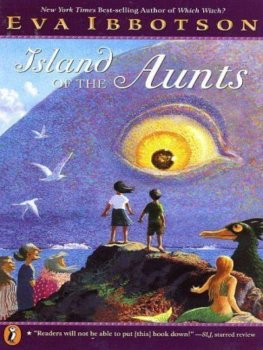

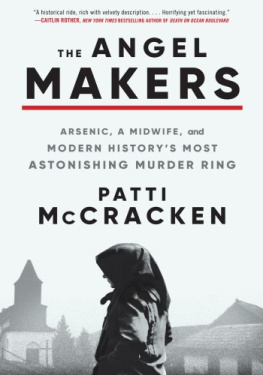
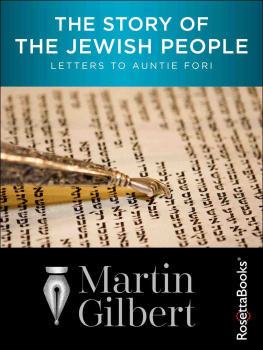
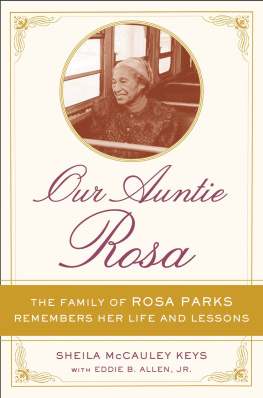
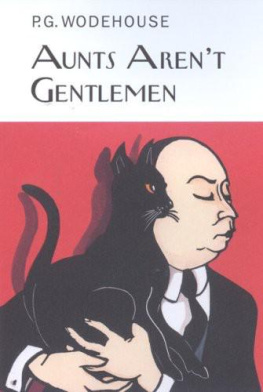

 AUNTIEPEDIA: PANK Professional Aunt No Kids
AUNTIEPEDIA: PANK Professional Aunt No Kids 20 to 24 years: 70.6%
20 to 24 years: 70.6%